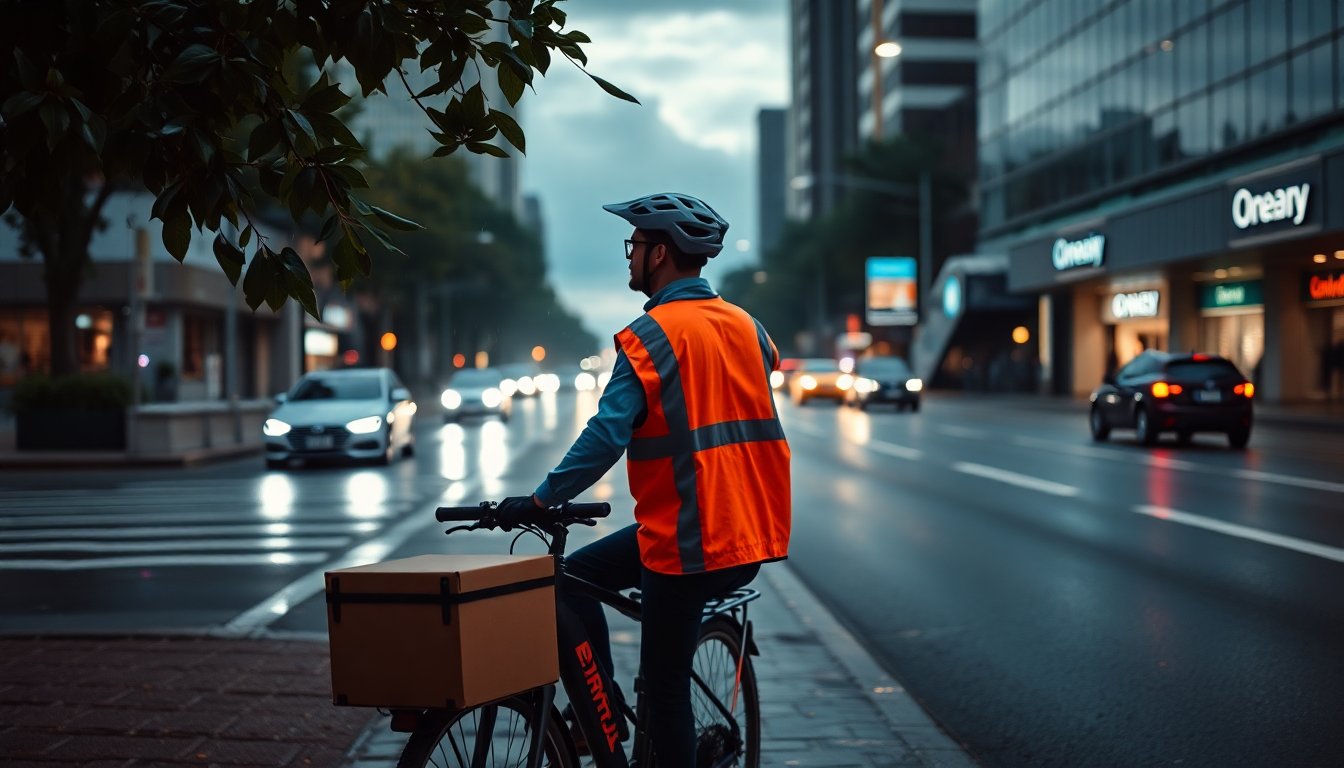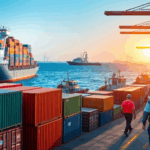Table of Contents
The gig economy has fundamentally reshaped employment, offering flexibility and opportunities for many. However, this shift highlights the urgent need for safety protocols that protect workers from unnecessary risks. A recent ruling by the High Court emphasizes this necessity, particularly regarding delivery services.
The case involved Farooq Ahmed Khan, a rider for Foodpanda, who suffered serious injuries due to inadequate safety measures during a severe weather event.
Details of the Case
On August 18, 2020, Khan was making deliveries late at night when he encountered a strong gust of wind that threw him from his motorcycle.
This incident occurred while the No. 8 typhoon signal was in effect, indicating extreme weather conditions. Khan sustained significant injuries, including damage to his back, knee, and fingers, resulting in over two years of medical leave. He also reported psychological effects from the accident, such as depression and recurring nightmares.
The High Court concluded that Foodpanda, the delivery platform employing Khan, failed to implement safe working protocols, exposing him to unnecessary risk. This ruling raises critical questions about the responsibilities of companies in the gig economy and their duty of care towards their workers.
Implications for Delivery Platforms
The case against Foodpanda’s parent company, Delivery Hero, examined whether the platform adequately warned workers about severe weather conditions. The defense argued that employees were informed of the risks and had the autonomy to decide whether to continue their deliveries.
However, the court’s ruling suggests that merely providing warnings may not be sufficient if working conditions remain hazardous.
This decision could set a precedent for future cases involving gig economy workers, emphasizing the need for delivery services to establish robust safety guidelines.
Companies must not only inform workers of potential dangers but also take proactive steps to ensure their safety. This could involve halting operations during extreme weather events or providing necessary equipment to mitigate risks.
Conclusion and Future Considerations
As the gig economy continues to expand, it is crucial for delivery platforms to acknowledge their legal and ethical responsibilities to protect their workers. The High Court’s ruling serves as a vital reminder that safety protocols must be prioritized to prevent unnecessary injuries. Companies must adapt and implement comprehensive measures to safeguard their workforce, especially in adverse conditions.
Looking ahead, stakeholders in the gig economy should engage in conversations about best practices for worker safety. This includes collaborating with legal experts, safety professionals, and workers themselves to create an environment where safety remains paramount. As this case illustrates, the consequences of neglecting safety can be severe for both workers and the companies involved.





